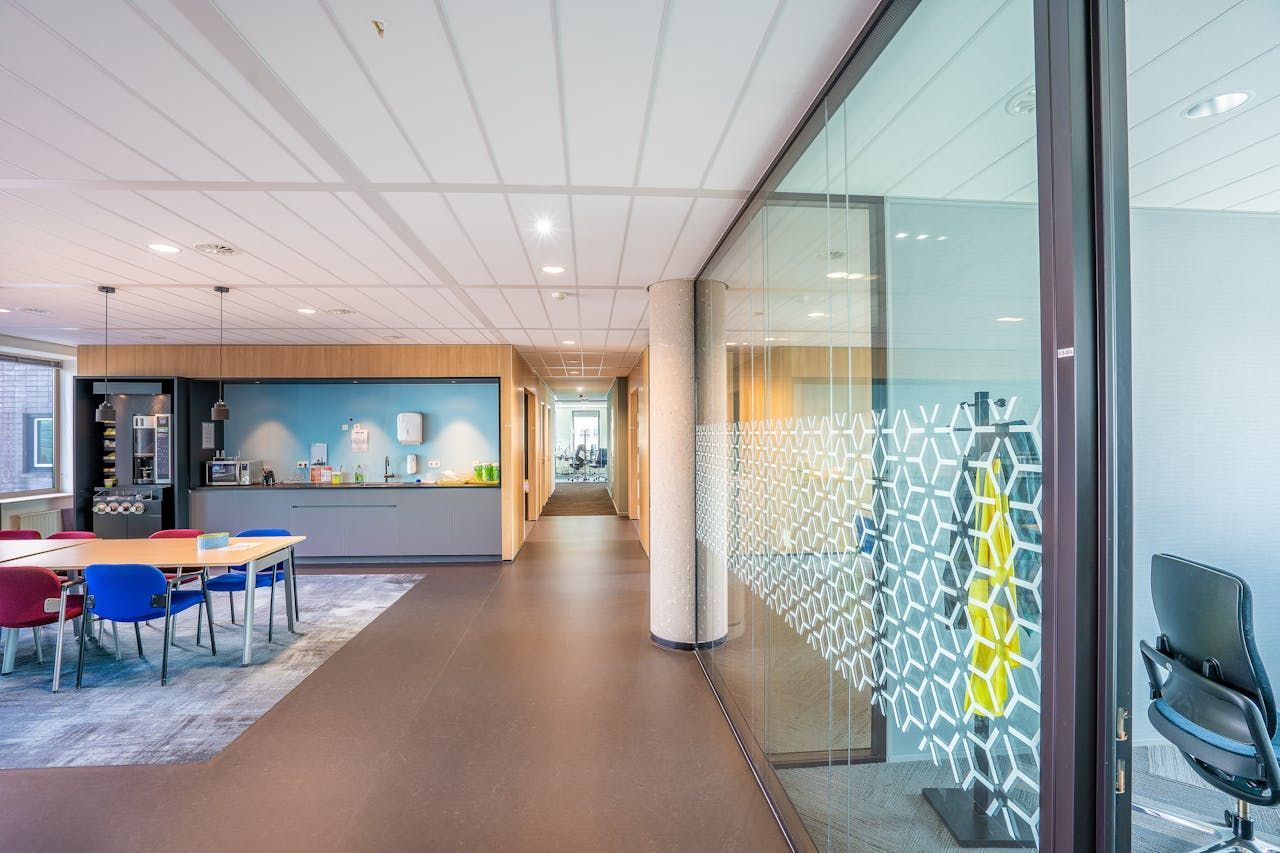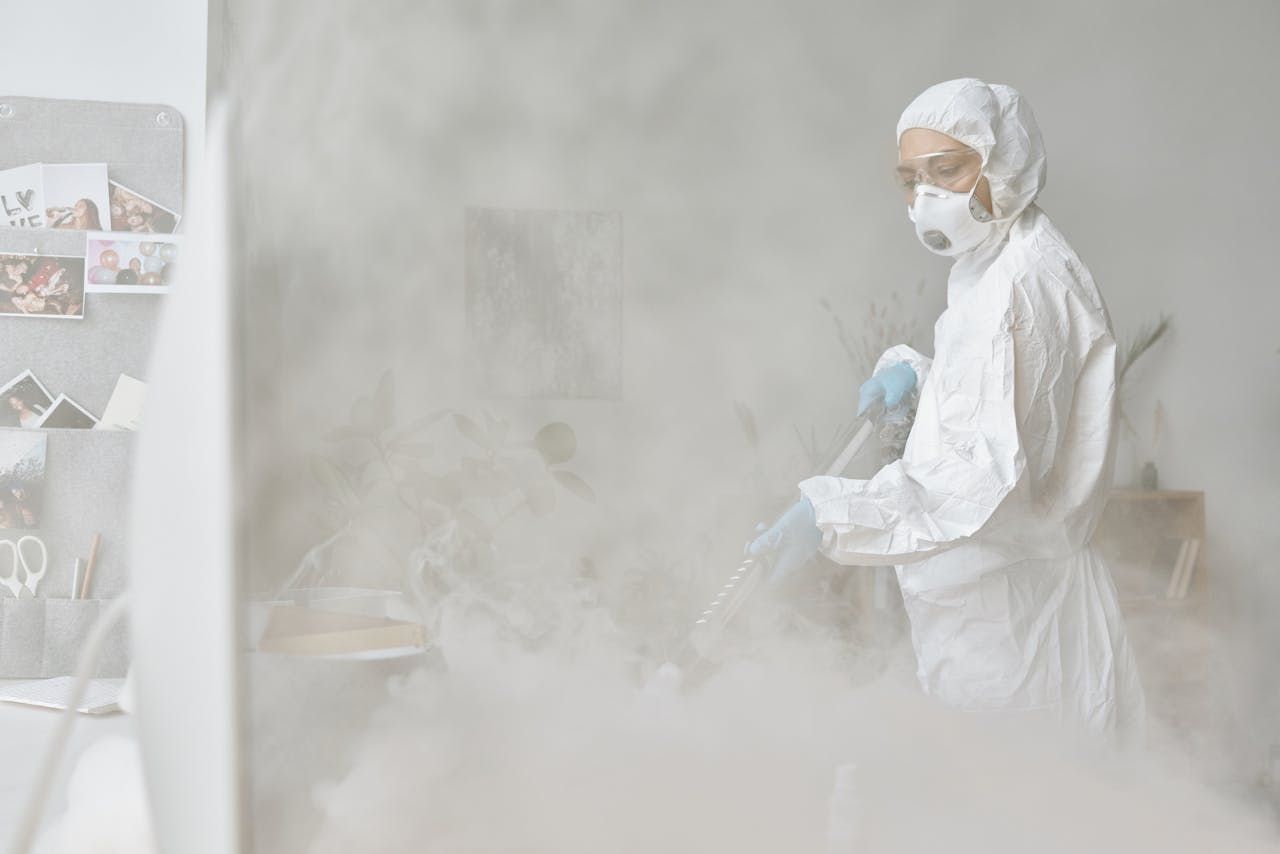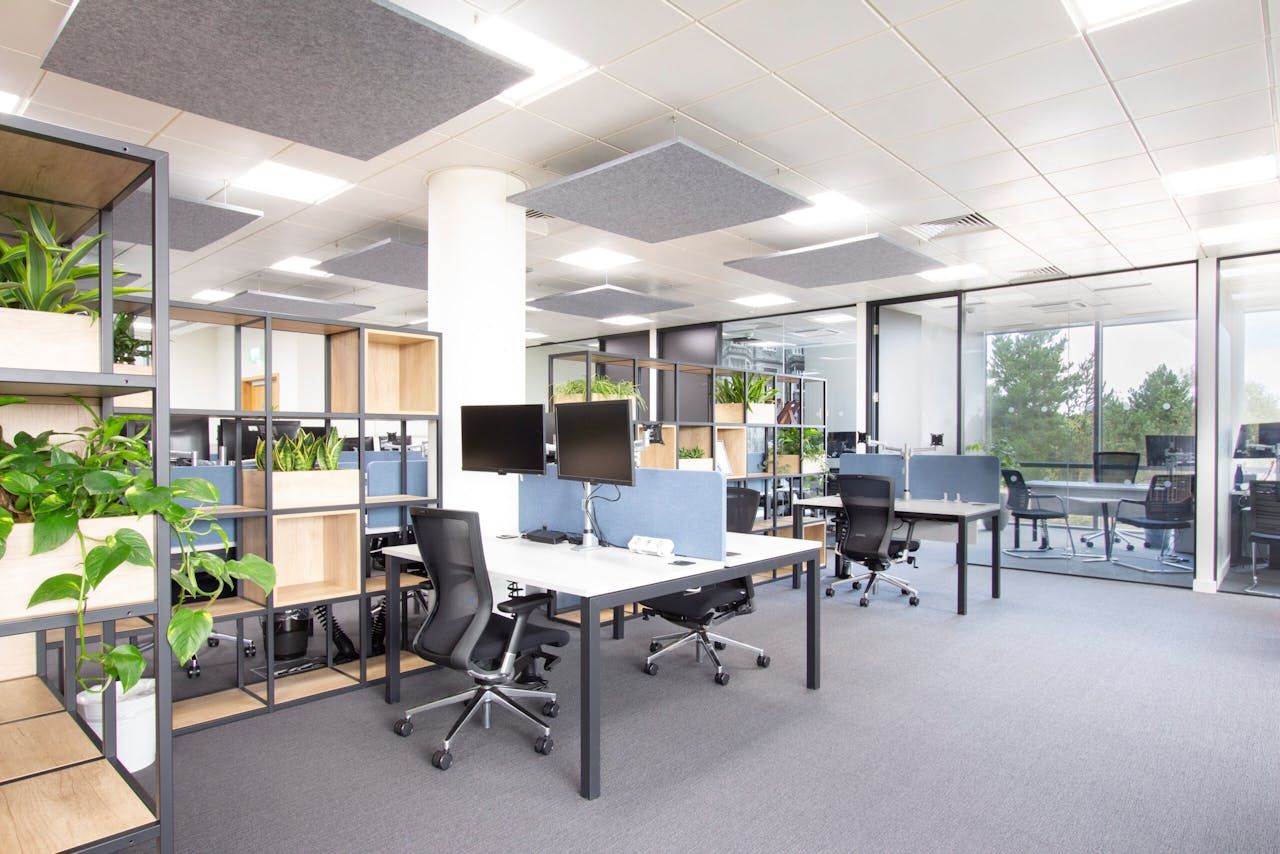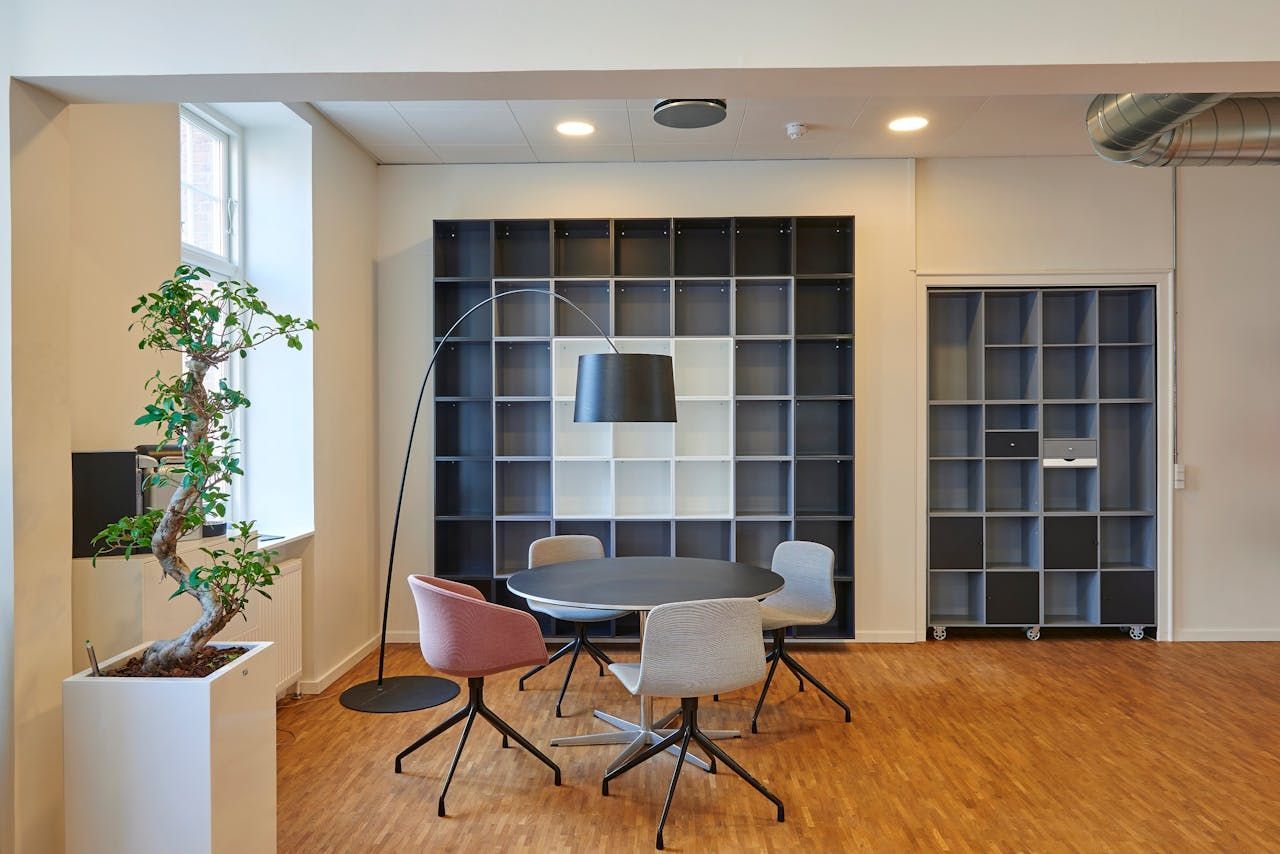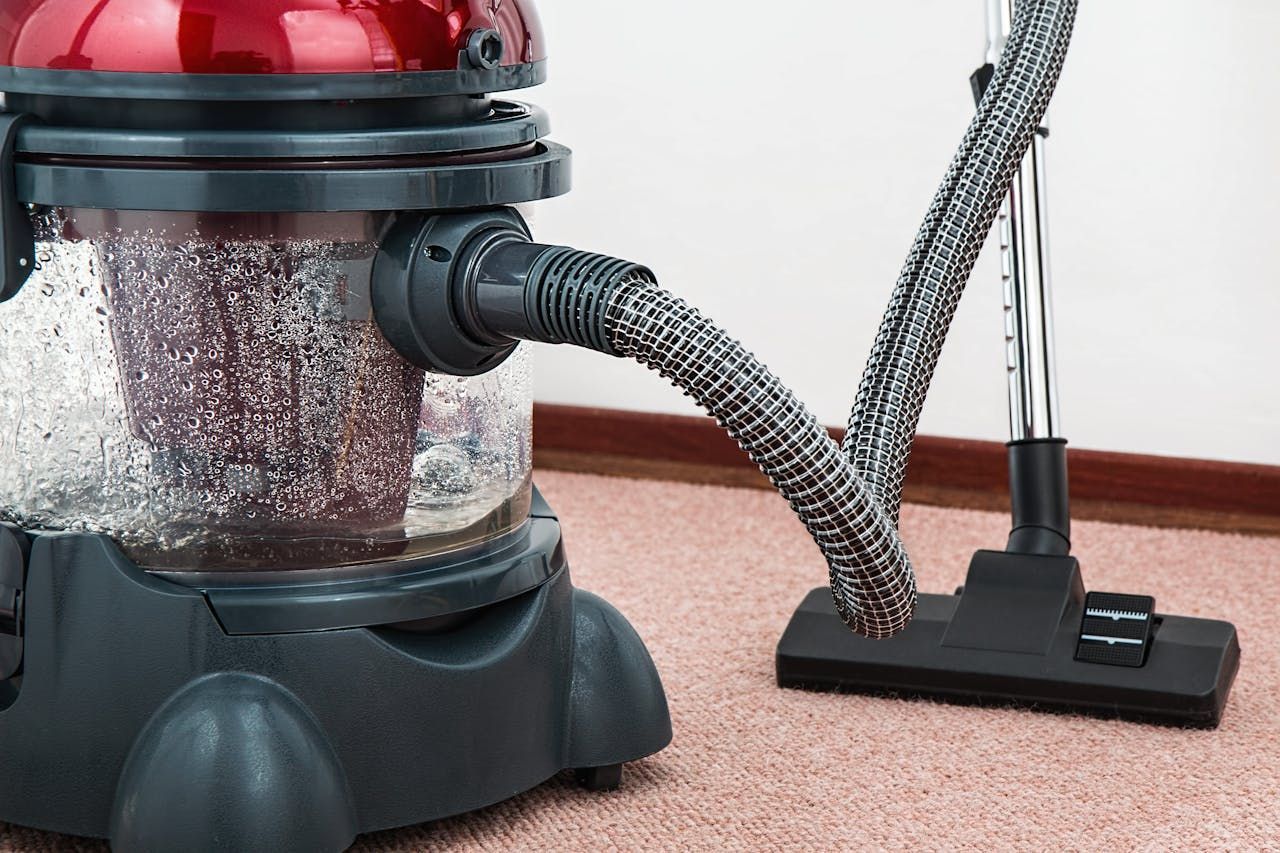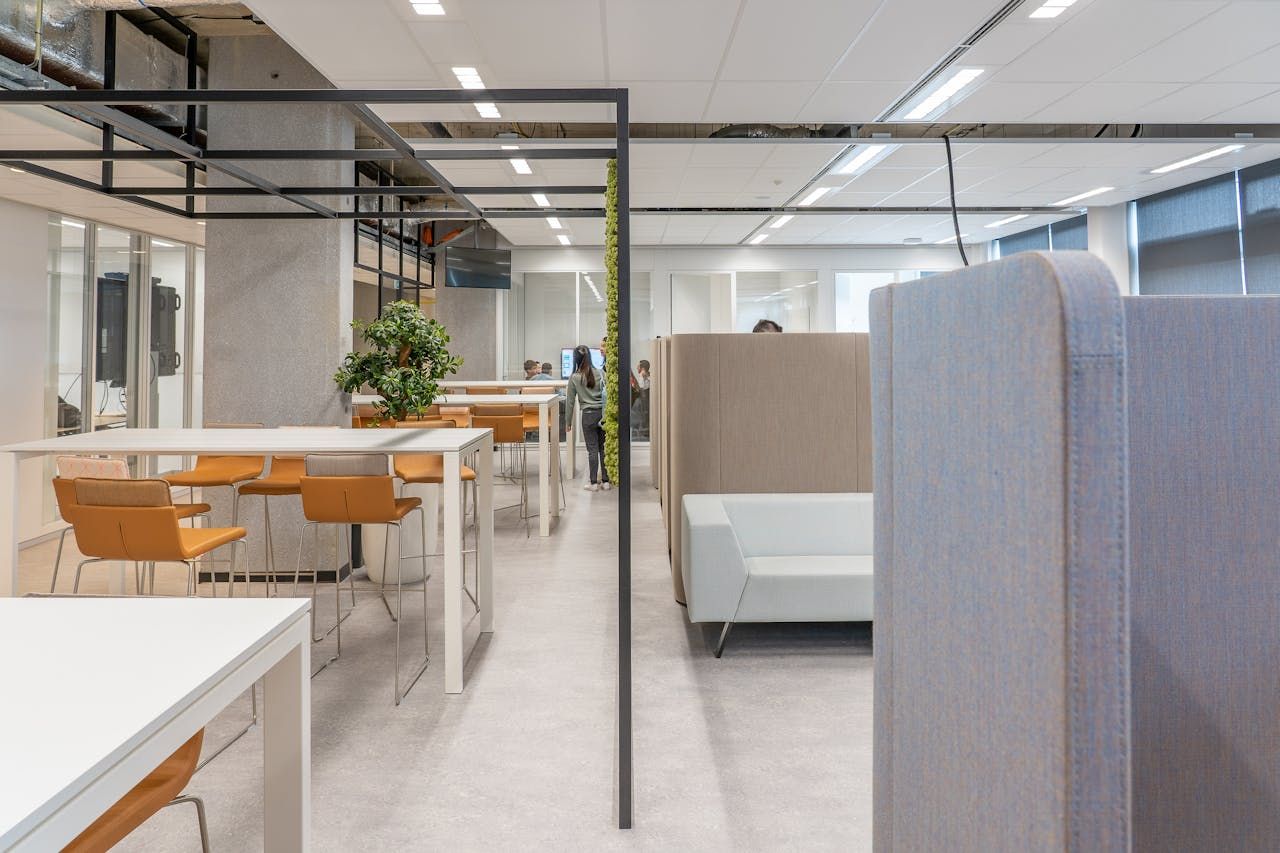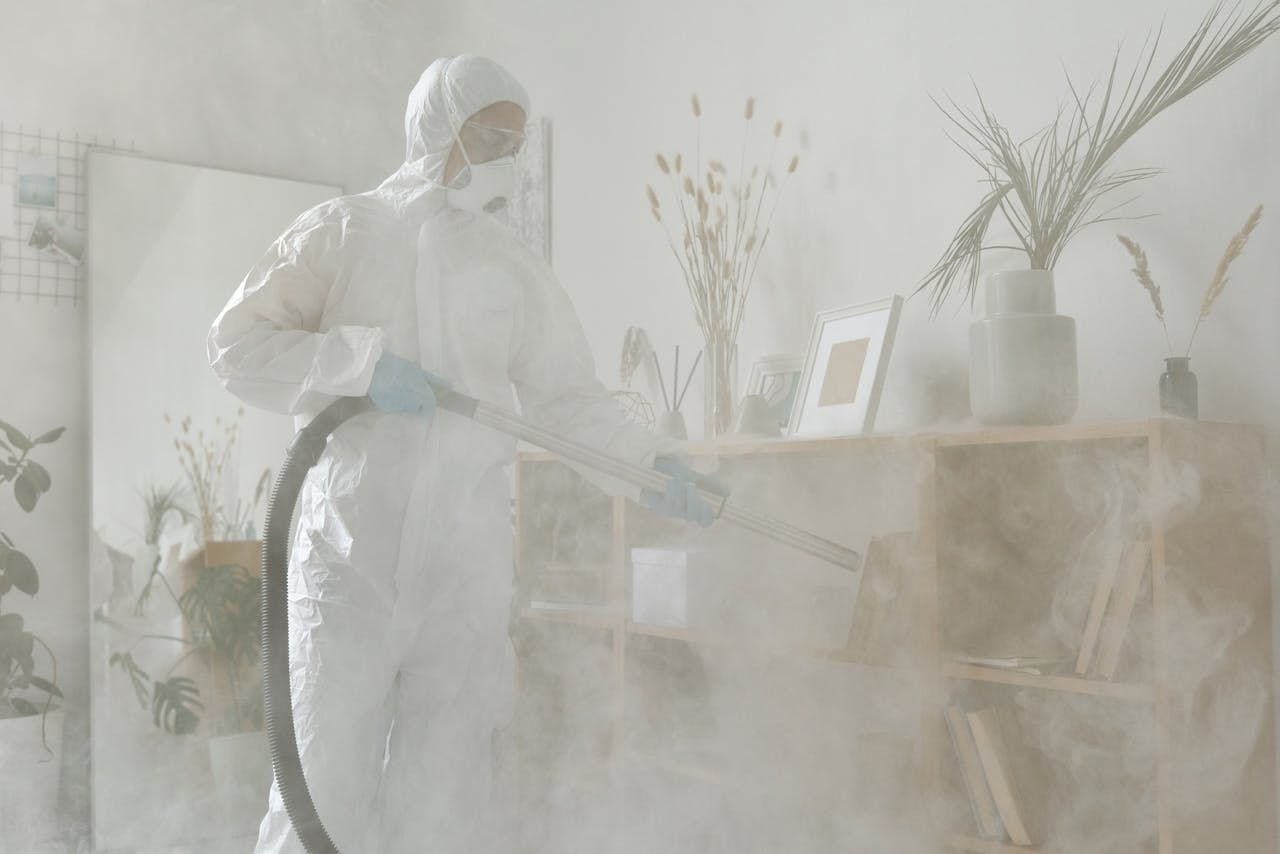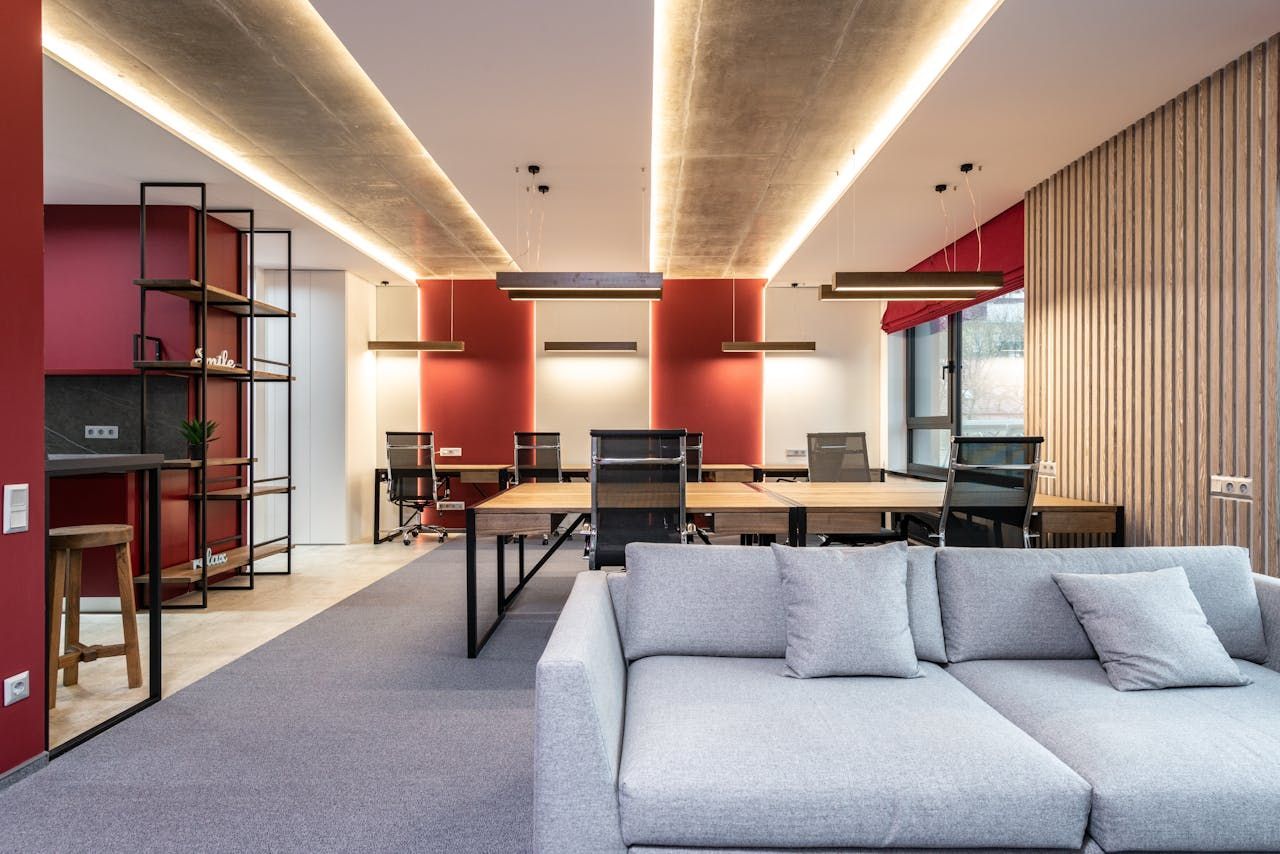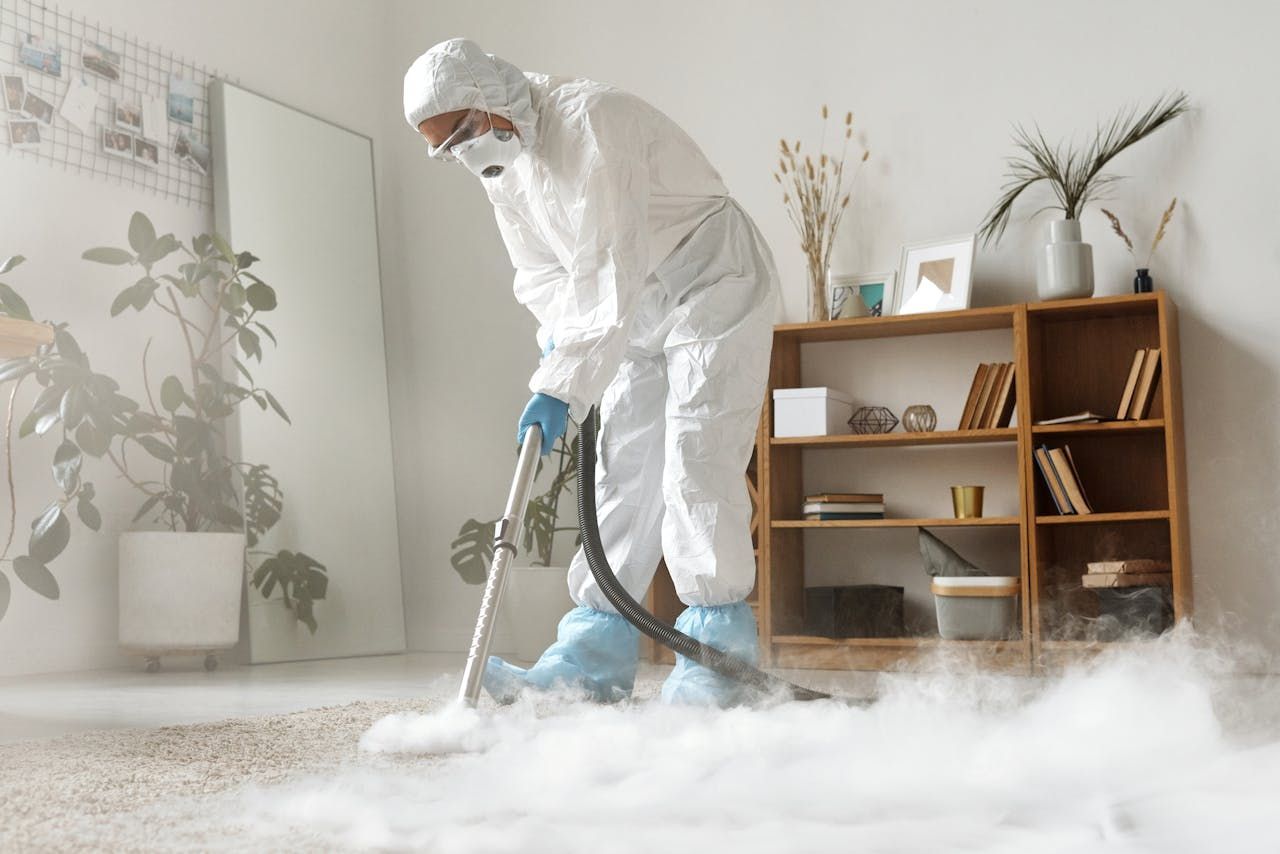The Psychology Of Clean: How Cleanliness Affects Morale
When it comes to improving productivity and efficiency at work, how often do you consider the cleanliness and tidiness of the working environment? “Tidy house, tidy mind” is the saying, but how true is it? Does the tidiness level of a workplace actually have an impact on the behaviour, emotions, and well-being of you and your employees?
Let’s take a look at the psychology of clean and how it affects work.
What Is The Psychology of Clean?
The idea is simple: clear and clean spaces make you feel more at ease. There have been numerous studies through the years to look at the effects of mess and clutter on how people feel and they all draw similar conclusions.
Consider for yourself how tidiness and space affect your mood. Imagine the difference between a clean and brightly lit boutique, where clothes are given plenty of space to be displayed, and one where racks upon racks of clothing stand crammed in close proximity to one another. And how art galleries with neatly ordered paintings make you feel relaxed. Think about driving in the open countryside rather than the bustle and lights of the inner city.
Tidy spaces make us feel calmer.
The same is true with your working environment.
It’s More Than Hygiene
Talk to most people about workspace cleanliness, and the discussion soon turns to germs and hygiene. Though making sure the bugs and bacteria are banished is pretty critical, especially when it comes to cutting down the costs of having staff off sick, cleanliness is far more than environmental health.
It’s also about how we relate to the space as people.
Staff who are expected to work in mess and dirt feel undervalued. They will become miserable and anxious and will quickly care less about the quality of the work they are undertaking.
Those feelings will soon become overwhelming, leading to tension and stress. Even in the best cases, this leads to less motivated staff and slower production. Left unchecked, however, it can become a reason to leave entirely.
It’s harder (and far less safe) to move around a cluttered office. Items and important work become lost, and you absolutely don’t want to have to invite a client to come in for a meeting.
“It’s great to see you, do come in! Oh, sorry, yes, just step over those cables. Haha! Mind the overflowing bin there, and do excuse those coffee cups. That sticky feeling on your feet? Oh, we’re used to it. Do sit down. I’ll just ask Kim to come and move those files off the chair…”
Not the best impression.
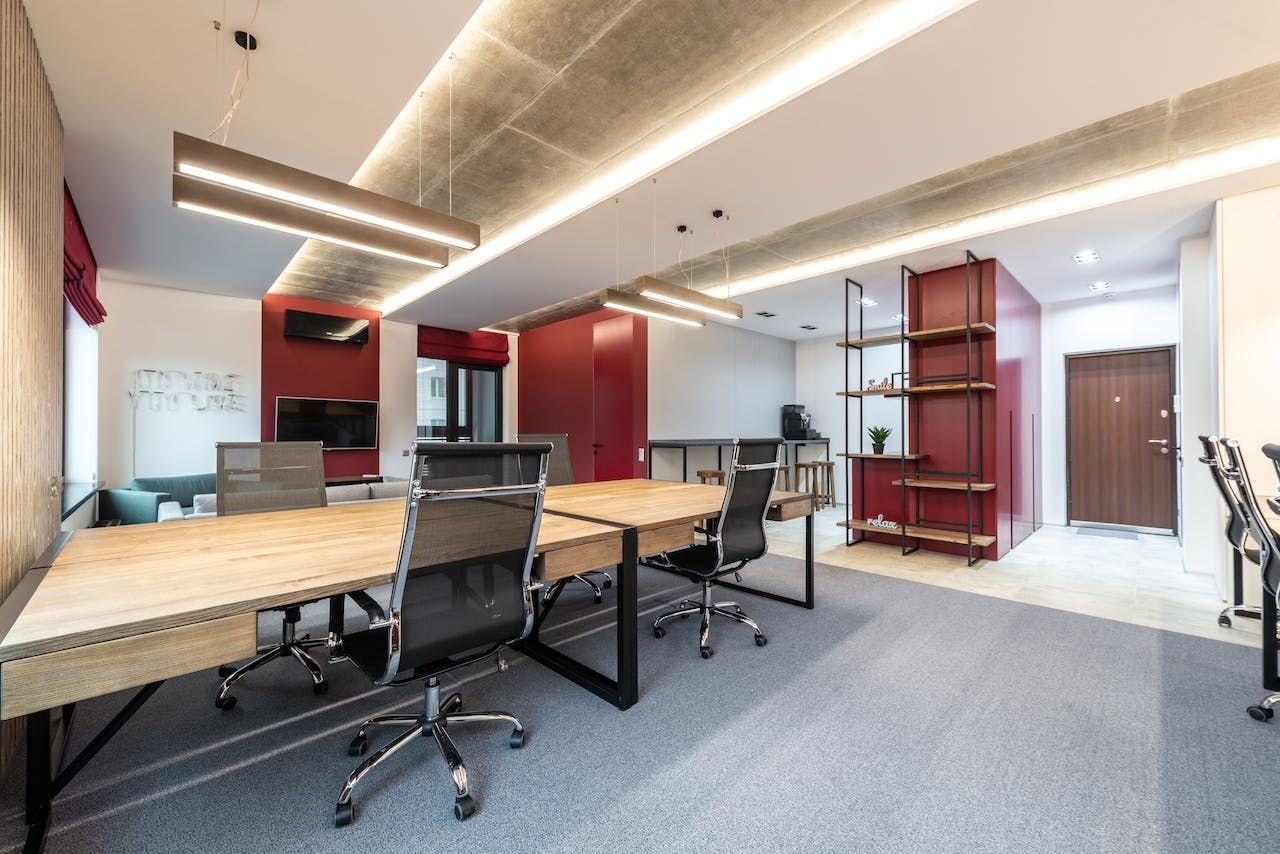
Why Does Cleanliness at Work Matter?
Look at the positives in having a good, clean workplace:
- Energised staff
- Fewer sick days
- Boosted productivity
- Improved respect for all
- A safe environment
- Better public image
- Increased lifespan of equipment
Cleaning is actually an investment in your company; the time and money you spend will be repaid many times over.
What You Can Do to Harness the Psychology of Clean?
At LNC Services, we are experts in everything cleaning. Here are a few tips:
Share The Load
If the workplace is small, share the responsibility. Make a simple rota where one or two members of staff work each day for 15 to 30 minutes on the cleaning tasks. Often, just assigning the time is enough to make a huge difference and making sure the work is not placed on a single pair of shoulders will eliminate resentment.
Get Techy
Why not use modern technology to your advantage? A robot vacuum can scurry around all day keeping the floor clean without bothering anyone - or taking time out of anyone’s day. While it might not jump up on the tabletops or wash your coffee cup, a clean carpet makes a huge difference. If you don’t have a daily clean, you should definitely get a little robot help.
Have A ‘Place’
If there’s a place for everything and everyone knows what that is, then putting things away after use becomes easy. It also means equipment and resources are easy to find when you need them!
Outsource
Of course, one of the best things you can do is call in the professionals. A good cleaning contractor will take the burden of cleaning off you and your staff. Experienced cleaners will make your work environment beautiful and do it to an impressively high standard. If you fancy forgetting about the problem and just coming in each day to a sparkling office with empty bins and gleaming cups, a cleaning contractor is the way to go.
And we might just know the perfect one…
The Psychology of Clean with LNC Services
At LNC Services, we understand exactly just how important a clean working environment is to company morale. All our cleaners are trained in every aspect of commercial cleaning, allowing us to offer a comprehensive solution to every workplace’s cleaning needs. Contact us today for a personalised quote that perfectly suits your business.
